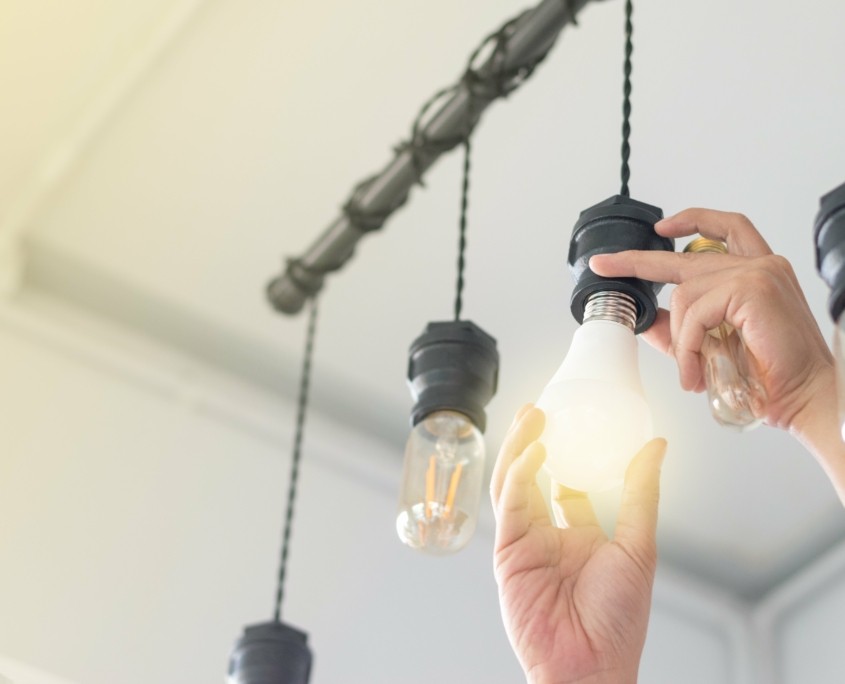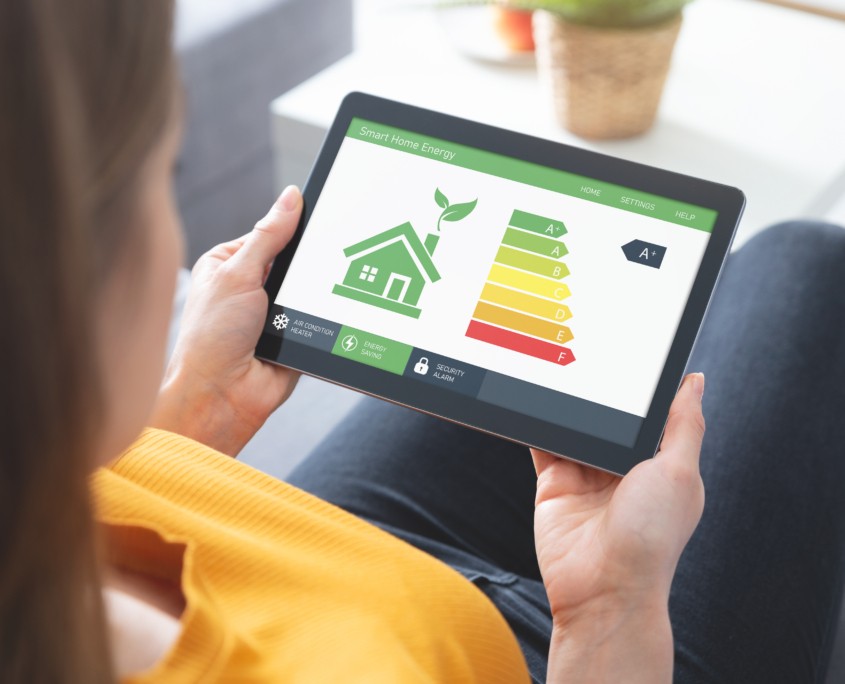Save energy at home: Easy energy saving tips for your home
Written by: Helene Ausserwöger, 19.09.2024
You’re moving out of your parents’ home and facing your electricity bill for the first time. To avoid any unpleasant surprises, smart energy use and saving electricity is key. This is not only good for the environment but also for your wallet. Every watt you save is a small contribution to your own budget. Phones, laptops, TVs – our electricity consumption is constantly rising, and many devices continue to use power even when turned off.
We’ve got some simple tips to help you identify energy guzzlers and save energy in your daily life.
Table of Contents:
- Lower electricity consumption at home: Simple measures
- Identify and eliminate energy guzzlers at home
- Optimise lighting and reduce electricity costs
- Save electricity with the right devices
- Smart solutions for reducing electricity consumption in daily life
- Conclusion: Save energy in daily life – A win for you and the environment







